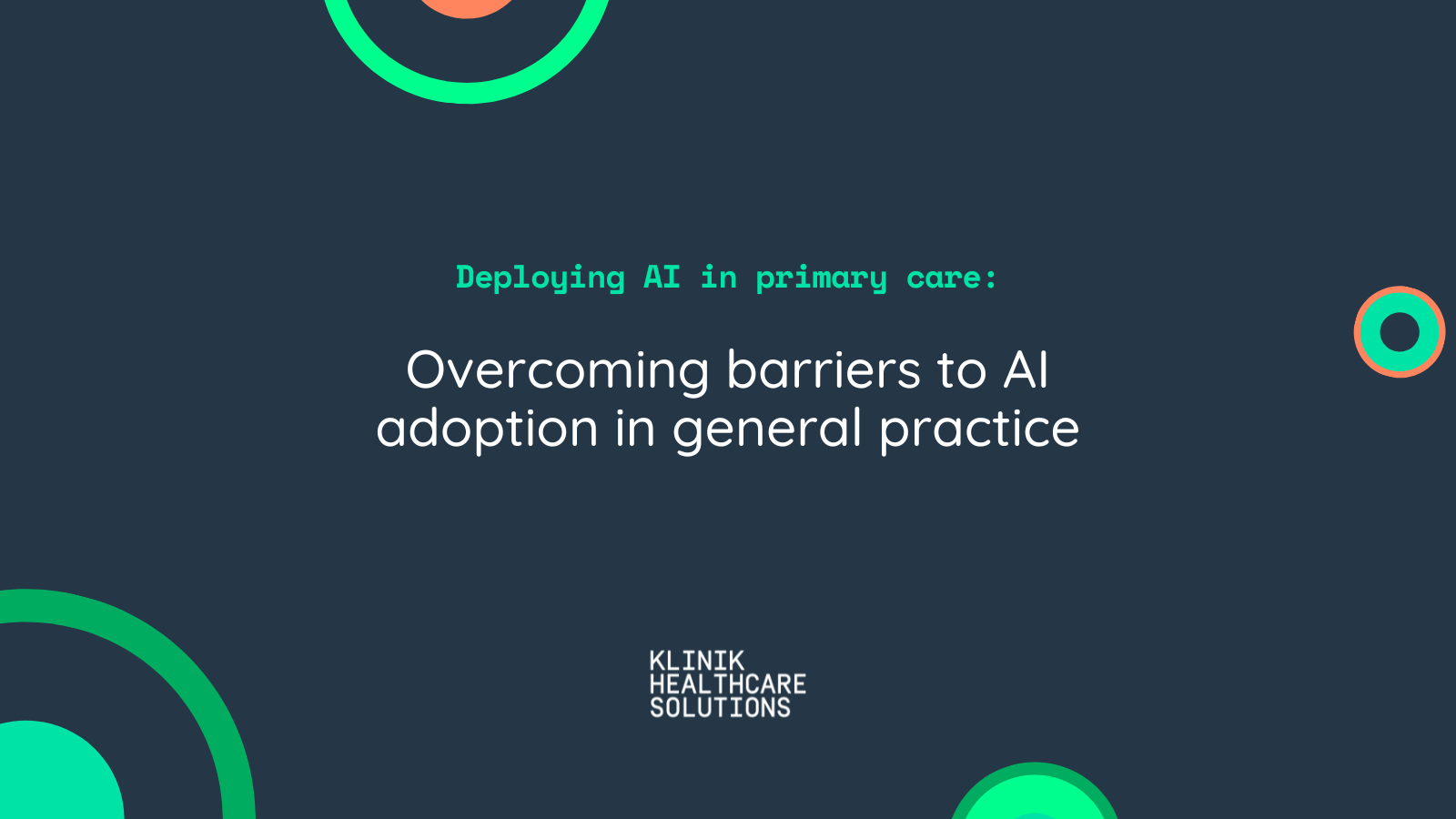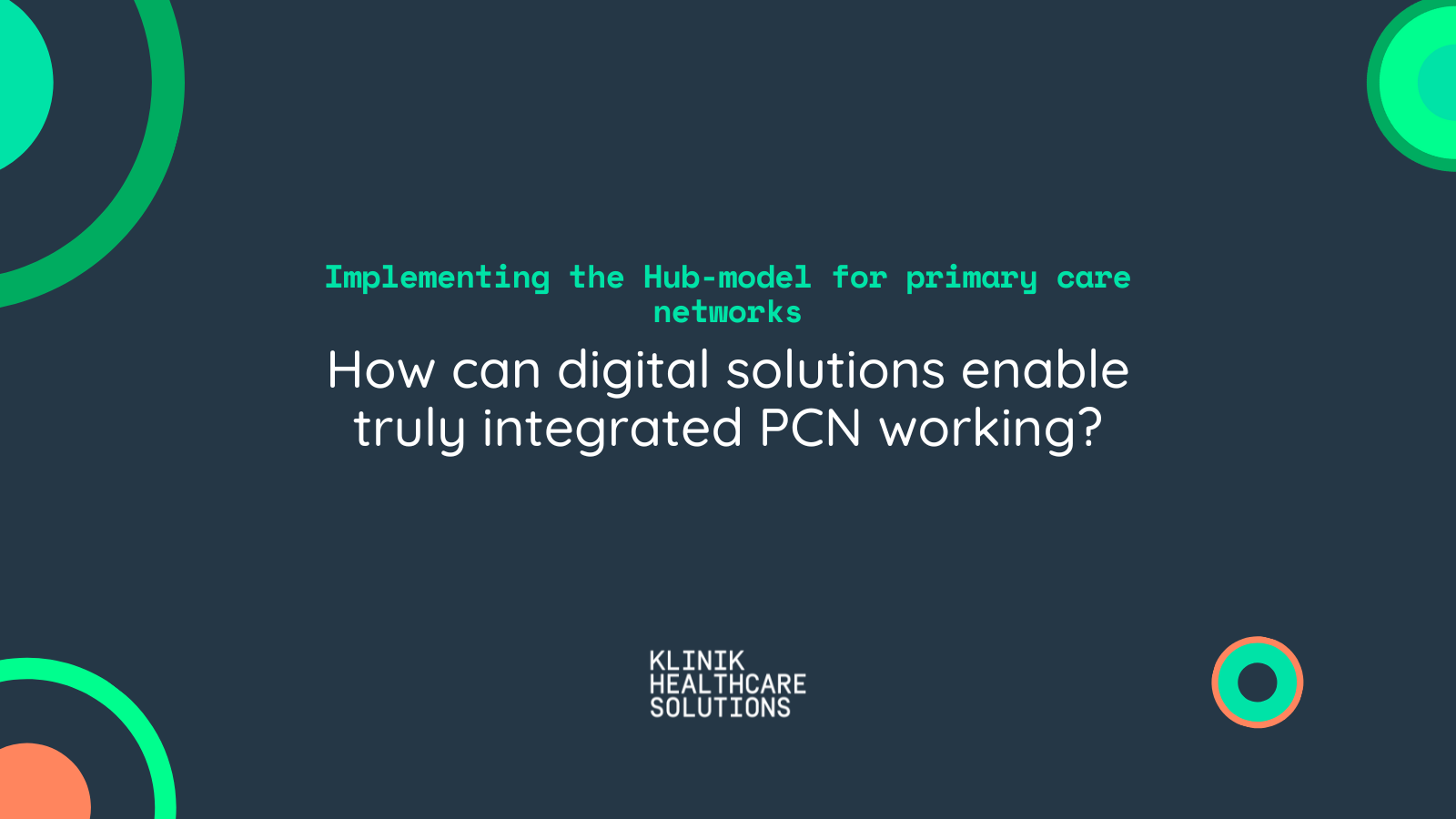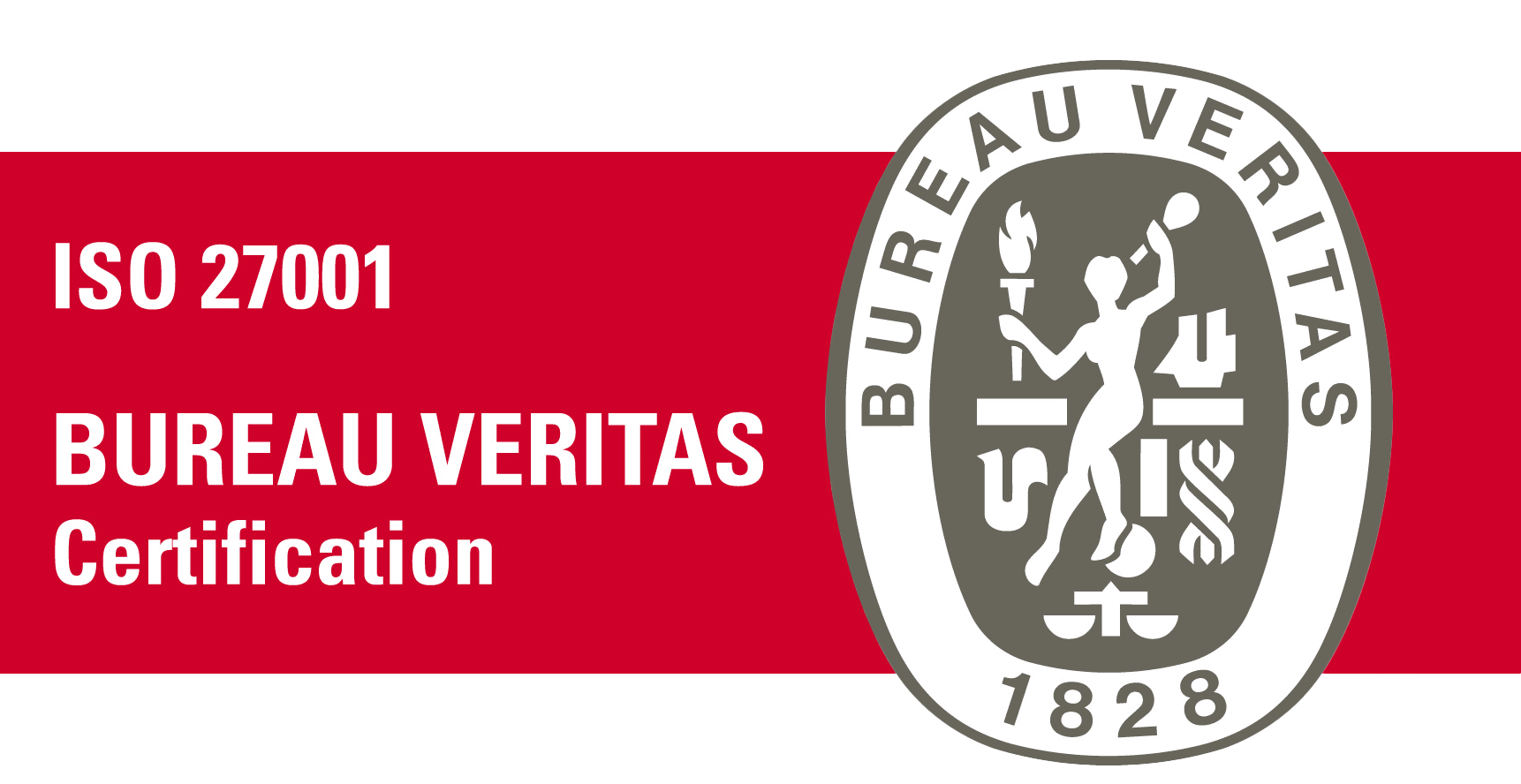AI brings a 14 % saving on average patient treatment costs, says an Aalto University study

Aalto University conducted a study on the economic impact of using an artificial intelligence-based healthcare service. The service examined in the study was Klinik Access, developed in Finland. The cost savings generated by the use of the system is, even in international terms, a significant demonstration of the potential of artificial intelligence in making healthcare operations more efficient.
Researchers at Aalto University’s HEMA Institute (the Institute of Healthcare Engineering, Management and Architecture) in Helsinki, Finland, studied whether there is a link between the treatment costs of patients and the use of an artificial intelligence-based healthcare system that directs patients to the correct care. The study examined the Klinik Access solution, developed by the Finnish company Klinik Healthcare Solutions, during its first five months of use at the Myyrmäki health centre in Vantaa. The result was that, during the first months of its use, the tool brought a 14 % saving in the average service costs per patient. This is a significant research result, even in international terms, because the economic impact of using artificial intelligence in real-life environments has so far been studied very little.
This is a significant demonstration of the potential impact of AI-based solutions in healthcare processes.
The CEO of Klinik, Petteri Hirvonen, MD, considers the cost reduction of 14 % to be a clear and significant result. It translates into a 31-euro cost reduction per patient during the period of study. What further increases the significance of the result is the fact that it has been achieved in the Finnish healthcare environment, which is known to be efficient and well-functioning.
“This is, even in international terms, a significant demonstration of the potential impact of artificial intelligence-based solutions in healthcare processes. It is important that the impact of digital solutions is studied, instead of just going ahead based on assumptions. We have developed Klinik to make the processes related to patient direction and customer flow management more efficient, and in the light of the results, we have succeeded”, says Hirvonen.
According to Hirvonen, one of the major reasons for the scarcity of similar published results is that there are not that many systems used in clinical practice on this scale. In addition, the level of digitalisation and the data recording practices in Finnish healthcare enable the care pathways and their costs to be studied in a comprehensive and exceptional manner.
Theoretical savings in excess of 500,000 euros
The study was carried out at the Myyrmäki health centre in Vantaa, Finland, where Klinik Access software was introduced in August 2017. The research material comprised data gathered on the service during its first five months of use. The material covered the anonymised service event data of almost 18,000 patients over a period of five months, including more than 73,000 recorded service events. The study used statistical tests and regression analyses to examine the link between the use of the Klinik software and the service costs of patients. The comparisons took into account several factors influencing the costs, such as the age, gender and incidence rate of patients.
This significantly improves the allocation of healthcare resources, and also seems to promote professionals’ well-being at work and task management.
If the care pathways of all patients had begun with Klinik, the Myyrmäki health centre would have achieved theoretical savings of more than 500,000 euros during the study period. Hirvonen says that the study confirms the goal of Klinik, which is to help direct patients to appropriate care and, at the same time, avoid unnecessary calls and visits to health centres. As direction to care becomes more efficient, the medical staff can spend more time on actually working with patients.
“The analysis showed that savings were achieved when a nurse used a digital solution to manage time-consuming care tasks, which previously included a face-to-face meeting between a nurse and a patient or a phone call. This gives the nurse more quiet time to concentrate on the customer’s situation and design their entire care pathway before communicating it to the patient. Customers no longer have to move from one point of care to another, as they can be directed straight to the correct place without any intermediate steps. This significantly improves the allocation of healthcare resources, and also seems to promote professionals’ well-being at work and task management.”
More research needed
Hirvonen points out that the study only covered a period of five months, and during the first few months, the medical staff spent time learning the new system and the processes. These are only the first results on this topic, and more research is under way using the data gathered.
“We will work with the HEMA Institute, continuing the cooperation that got off to a great start, and we will examine the processes in more detail, over a period of one whole year. I’m looking forward to the results from a period during which practices will be perfected and the use of the system established”, Hirvonen adds.
The study is part of the national Digitaalisten Ratkaisujen Vaikuttavuus (‘The Impact of Digital Solutions’) research project, which is financed by Business Finland, Aalto University, and several digital health companies.
Klinik Access is an AI triage & patient flow management software that directs patients to the optimal resource in primary care. The system’s unique algorithm interprets the person’s symptoms to make a provisional assessment, and estimates the urgency of the care needed. Based on this, the person is automatically referred to the right place for care to begin.








